
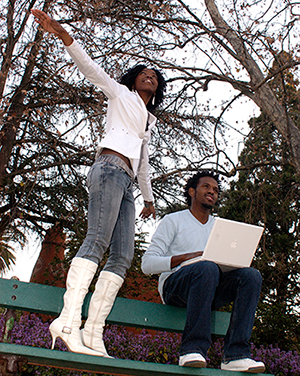 This May, as the continent celebrates Africa Month under the theme Arts, Culture and Heritage: Levers for Building the Africa we Want, there can be no better time to unpack the project of decolonising education in Africa. In this regard, two of the university’s esteemed scholars, Professors Zodwa Motsa and Edith Phaswana, share their thoughts on what is meant by decolonisation of education, how Africa would undertake this task and whether this is a reality that can be achieved on the continent.
This May, as the continent celebrates Africa Month under the theme Arts, Culture and Heritage: Levers for Building the Africa we Want, there can be no better time to unpack the project of decolonising education in Africa. In this regard, two of the university’s esteemed scholars, Professors Zodwa Motsa and Edith Phaswana, share their thoughts on what is meant by decolonisation of education, how Africa would undertake this task and whether this is a reality that can be achieved on the continent.
According to Motsa, Executive Director in the University’s Department of Leadership and Transformation, decolonisation is the process of exposing and dismantling colonist power in all its forms in Africa’s institutions of learning. In education, this refers to the knowledge, language and the entire institutional culture that sustain universities in Africa and South Africa. "These are the pillars that have sustained the Euro-American culture while it muted African indigenous knowledge and cultures in the institution of learning even post our political independence," she says. "Decolonisation of education is the eradication of colonialist epistemologies and social practices in order to centralise Africa’s own."
Similarly, Phaswana, Head of the Academic Programmes at the Thabo Mbeki African School of Public and International Affairs (TM-School), believes that decolonisation of education asks what knowledge to include or exclude in university teaching and learning programmes. She says: "It calls us to incorporate humanity’s knowledge systems into the curriculum and knowledge selection systems of universities and schools, not just western knowledge. This would require a mental shift in all of us, as Europeans, Asians, Africans, Arabs, Aboriginals, etc to move away from a single worldview (Eurocentric) and understanding of the world to a more pluralistic view."
She adds that in Africa, this would entail the process of Africanisation that recognises the validity and relevance of African knowledge in the global knowledge production. "What is commonly known as African indigenous knowledge should be included in the global knowledge system and recognised as part of human knowledge within our university curriculum," says Phaswana. "Within the African context this should also entail decentring the colonial languages as languages of instructions and power on the continent."
Both professors believe that decolonisation of education can be achieved in Africa. "It is possible because it has happened elsewhere," says Phaswana, adding that it will require Africans to learn from other world experiences and successes such as the ones in Egypt, Vietnam, Cambodia and Laos. "Global support and solidarity from those who share colonial experiences is imperative."
She says that many attempts to decolonise education in the continent have translated into the provincialisation of Africa and this should be avoided. "In other spaces we have seen tribalisation of knowledge," says Phaswana. "We are against the provincialisation of knowledge, education and thought. We recognise that Africa is part of the globe and therefore should form part of mainstream knowledge and this will begin through the process of decolonisation." She adds that much investment in terms of time, human and economic resources is needed to make this a reality.
For Motsa, decolonising education is already a reality because it has been done for many decades in various African universities. "For instance, the 1966 Makerere Convention which birthed the African Writers’ Series (books) is one clear act of decolonisation shown in the admission of African Literature into the so-called mainstream / canon of English Literature," she says. "The liberal arts have long started with the Africanisation of content. Beyond that, domains like the natural sciences across the continent use local environments to advance locally situated knowledge to address social ills."
Motsa says that many African universities have long engaged the African-focussed subject in their national development and education plans. "The #RhodesMustFall Movement of 2015 catapulted South Africa’s Africanisation agenda forward by articulating and centralising decoloniality as a grammar of change," she says. "The focus is on transformation of the curriculum."
According to Motsa, indigenisation of glossaries which began more than 10 years ago at Unisa is another arm of decolonisation and indigenisation, wherein knowledge and information are presented and accessed in the student’s own language and lens beyond the western. "Recently," she says, "Unisa introduced the writing of examinations in all official South African languages by first translating tutorial letters and study guides into official African languages. Moreover, the Department of Basic Education announced that examinations will be written in African languages. These are a clear indicator that this is a reality in Africa and our country."
Speaking on how to go about ensuring that decolonising education in Africa is a successful process that can be sustained, Motsa says the first step is to decolonise the mind. "Cognitive change is the key to all and any other form of change that can be effected," she says. "You should accept that as an individual you are immersed in a mono-narrative of western knowledge and culture and must admit that there are other equally viable narratives which are currently not part of your experience. This change of one’s psychological position would enable the individual to seek (via discourse and research) and implement the other knowledges and systems in their sphere of trade. The greatest tool is the mind. Its liberated state enables the thinker to fashion methods of implementation within his/her own context and professional domain."
Phaswana indicates that decolonisation is a process and never a once-off event and that there is no one-size-fits-all approach. "However," she says, "most approaches share a common understanding that education in its current form is problematic as it is biased and promotes European/western values, ways of knowing and being known at the expense of others."
Sharing a few ideas on how Africa can go about decolonising education and the curriculum, Phaswana says there needs to be a centring of all cultures and values systems in African education and a decentring of colonial languages in the curriculum. In addition, schools, colleges and universities should cultivate respect for people and their cultural and knowledge systems and respect the coexistence of cultural diversity in curriculum development. Local knowledges that advance humanity must be made available to students, and spaces for inter-epistemic dialogue in university curricular to solve world and local problems must be created. Finally, the content of education and its knowledge foundations must be deracialised and depatriachised.
Phaswana adds: "Decolonisation of education entails the normalisation of Africanness within the curriculum. This will then translate into staffing reorganisation and demographic engineering, and offering a curriculum that offers the strategic challenges we face currently. When we do all these, we must be aware that decolonisation does not necessarily entail that the black professor is best suited to do it as the majority of us have participated in colonial education whose fulcrum was to produce colonised subjects by masking Eurocentric biases in education as universal. Therefore, both the black and white professor must opt to unlearn and relearn new ways of educating future generations. This will require that we work as allies in transnational platforms of solidarity. It will require that we do continuous reflection and interrogation of the colonial legacy in how we educate our young in the Global South."
Both professors agreed that processes such as decoloniality do not have a start and end, as they are social evolutional entities. "This is a movement that can be found in South America, the USA, Australia, India and the United Kingdom itself where the ills of colonialism are brought to the fore for due correction as human society is seeking global justice for the sins committed against humanity," says Motsa.
She adds that as Africa continues on its decolonisation of education path, and that the best examples of uprooting the colonial agenda can be found in Africa herself. "From the ongoing acts of activism, to research and social discourse from esteemed scholars such as Kwame Nkrumah, Julius Kambarage Nyerere, Kwesi Prah and Achille Mbembe, among many others, Africa is rich in decolonial resources, activism and history which can ensure a successful decolonisation of education project," she concludes.
* Written by Rivonia Naidu-Hoffmeester
Publish date: 2021-05-26 00:00:00.0
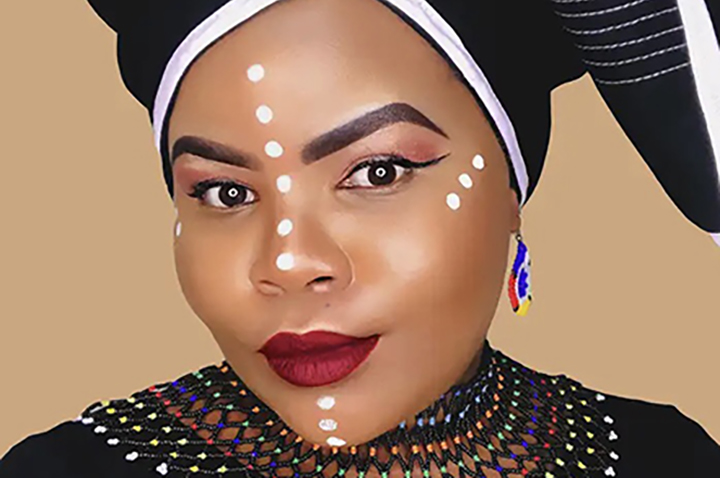 Unisa empowers award-winning agro-cosmetics entrepreneur
Unisa empowers award-winning agro-cosmetics entrepreneur
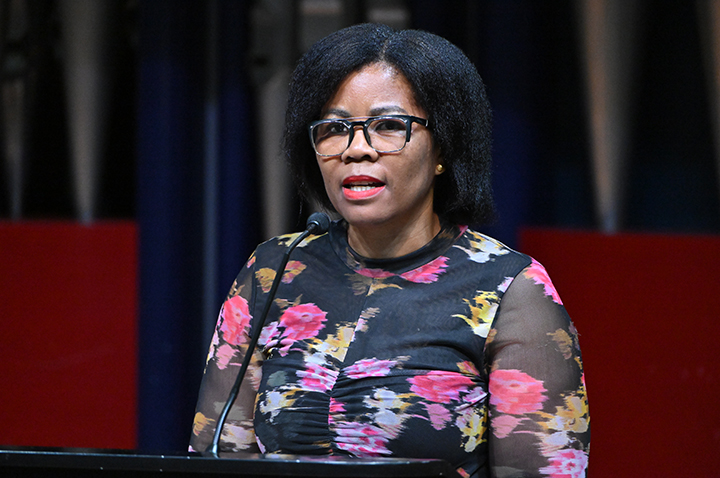 Unisa initiative offers early-career academics "a stepping stone towards greatness"
Unisa initiative offers early-career academics "a stepping stone towards greatness"
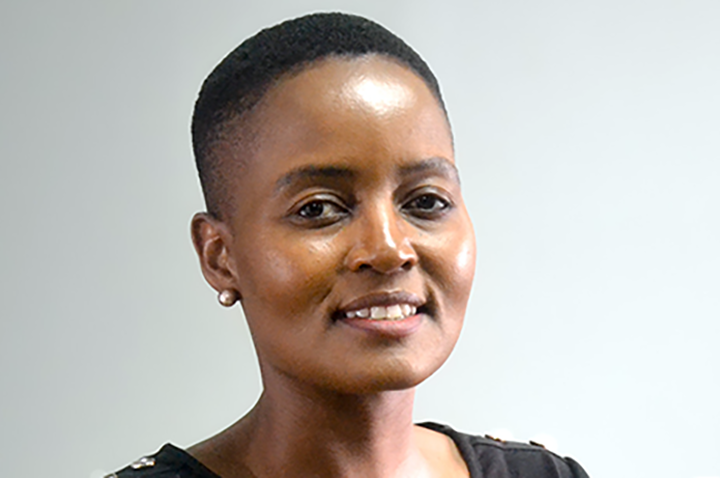 Seasoned meteorologist joins Unisa
Seasoned meteorologist joins Unisa
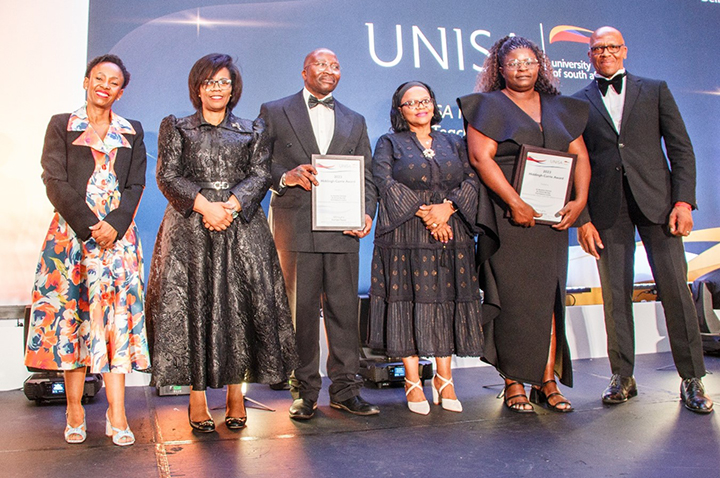 Unisa celebrates the 2023 and 2024 Hiddingh-Currie Award winners
Unisa celebrates the 2023 and 2024 Hiddingh-Currie Award winners
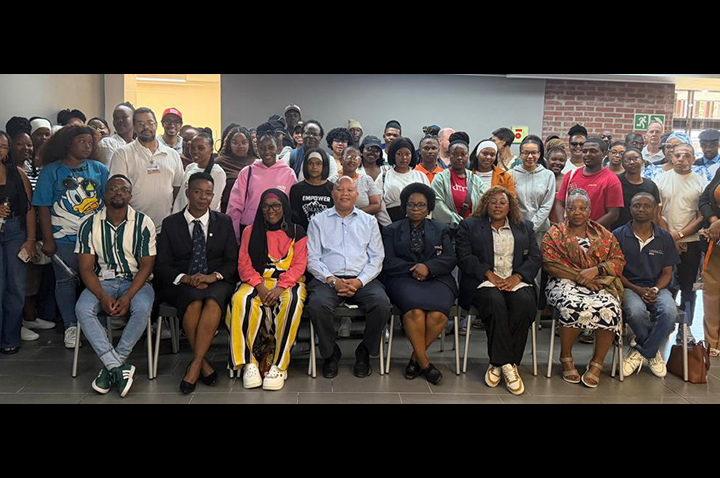 Unisa celebrates a project of hope, dignity and student success
Unisa celebrates a project of hope, dignity and student success